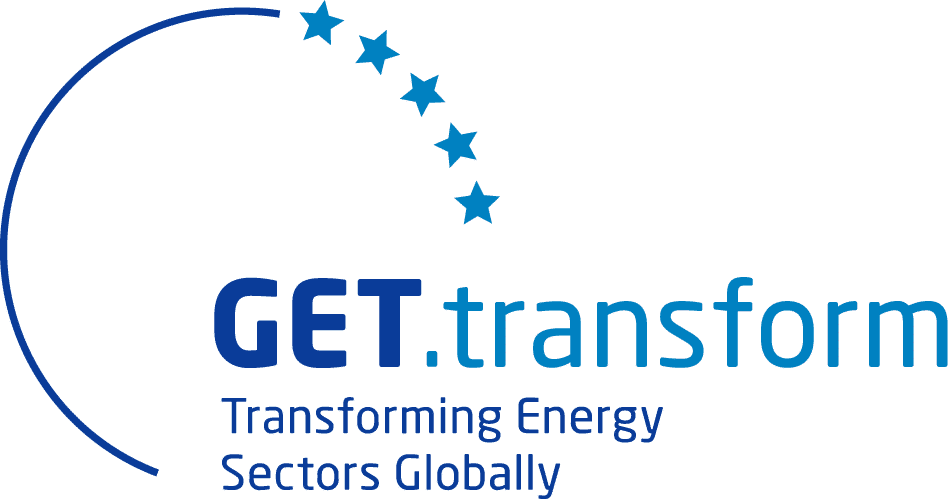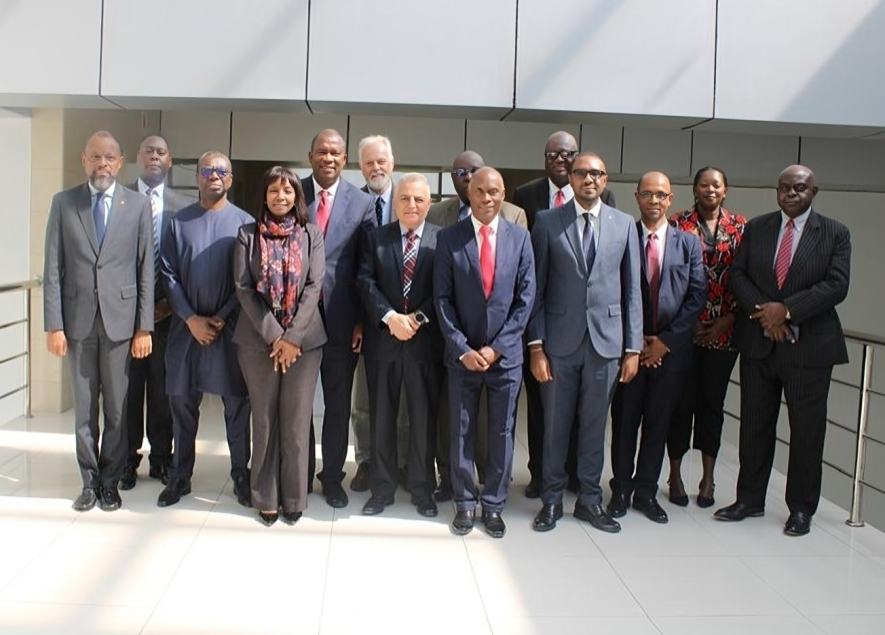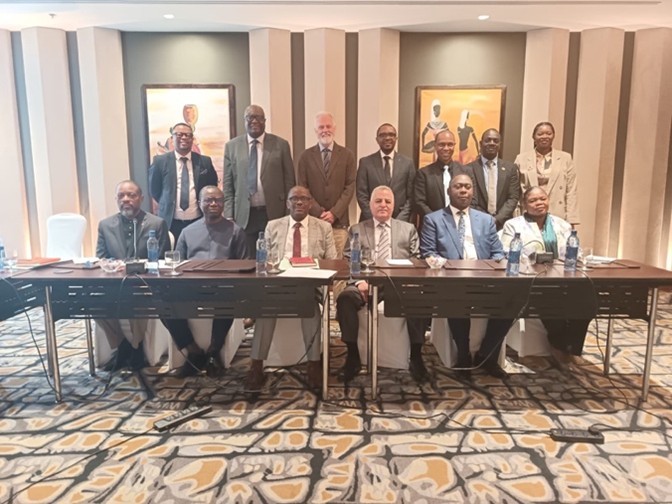The African Electricity Regulators’ Peer Review and Learning Network (PRLN), coordinated by the Power Futures Lab in partnership with GET.transform has now entered its second phase. The initiative provides CEOs of national regulators with a platform to learn from each other through in-depth country reviews, structured exchange and open discussions.
The new cycle brings together regulators from Egypt, Cameroon, Eswatini, Zambia, Mozambique and Zimbabwe. It builds on the success of the first cohort (2022-2024) which saw joint reviews in Uganda, Namibia, Ghana, Kenya, South Africa and Tanzania. Each review offered participants a chance to compare approaches, exchange ideas and identify practical reforms that can strengthen regulatory frameworks in the respective countries.
Zambia’s Energy Regulation Board (ERB) hosted the first review of the second phase with a week-long workshop held in Lusaka in June. Discussions with local policy makers and industry stakeholders centered on the country’s pressing challenges including the drought induced electricity crisis, fragile finances at the state utility ZESCO, non-cost-reflective tariffs and outdated regulations.
At the same time, Zambia is taking steps forward. The 2024 Electricity (Open Access) Regulations have created new space for power trading within the SADC region as well as for private investment. A recent milestone was the financial close of the 100 MW Chisamba solar PV project developed through a partnership between Kariba North Bank Extension Corporation (KNBEPC), GreenCo Power Services, and First Quantum Minerals and notably achieved without sovereign guarantees.
Visiting regulators underlined the need for Zambia to implement comprehensive reforms that can strengthen tariffs and financial sustainability. They also encouraged renewed commitment to partnerships with Independent Power Producers (IPPs) and power traders through a liberalised market.
Beyond Zambia, the PRLN continues to build trust and capacity among African regulators, while helping peer learning translate into real world reforms and more resilient power systems.



